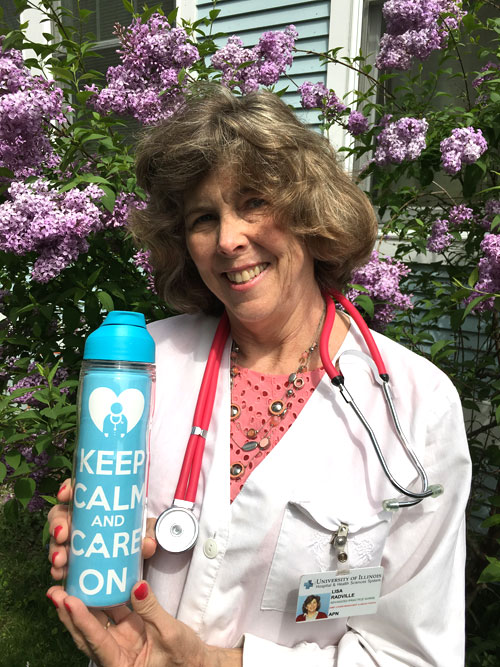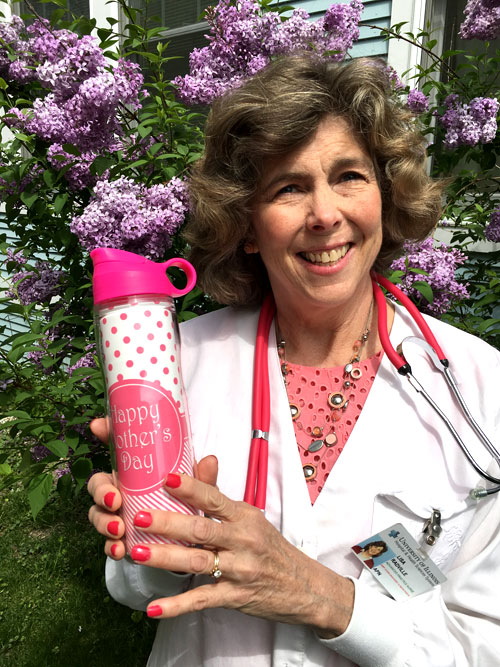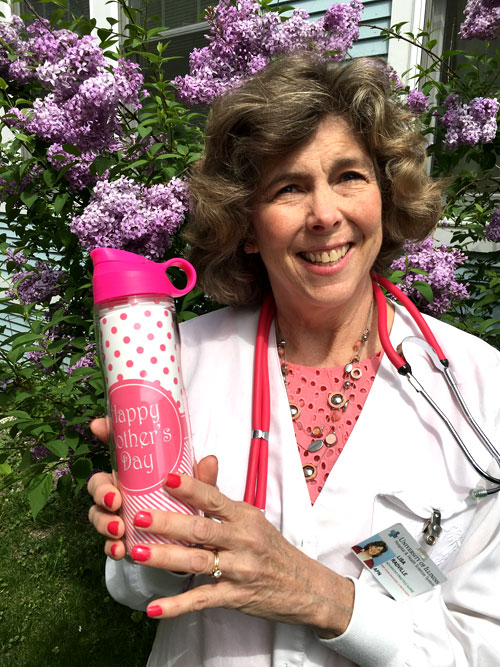
Maybe it is no coincidence that Mother’s Day and Nurse’s Day are so close together on the calendar. Looking at the origins of nursing in society and examining the similarity of roles between mothers and nurses suggests that a common theme exists – feeding is the common theme. The roots of the word nurse and nurture come from old English and French words that mean “to feed” and “to care for”. The practice of a wet nurse was common in olden times when a woman who still had breast milk was called upon to nourish the infant of an aristocratic woman who could be freed of the frequent time commitment needed to breastfeed a newborn. In modern society, most women chose to breastfeed their infants and consider it to be one of the most satisfying aspects of maternal care.
Nurturing The Family
Though mothers do much more than simple feed their offspring, historically feeding the family is the primary role of the mother in the family. Not just food is fed to children; mothers also “feed knowledge” to children by educating them; indeed parents are a child’s first teachers. Instilling values and manners is also a way of nurturing a child. Mothers who drive children to music and sports lessons and sit in bleachers cheering their child on at events are nurturing their self-esteem and spirits. This, too, is a way of “feeding” the child. Mothers who work outside of the home are earning an income that literally helps feed children. Mothers who work only within the home are also feeding the child, both literally and figuratively by being present to care for and educate children on a full time basis.

Nurturing The Patient
Now let’s consider the role of the nurse. In nursing school we learn about Maslow’s “hierarchy of needs” model which shows a pyramid diagram depicting human’s most basic need (water) on the bottom and ending with “self-actualization” on the top of the pyramid. Within a hospital system most health care professionals have well defined and distinct roles. The doctor diagnoses and provided orders for treatment. The pharmacist completes medication orders. The physical therapist helps the patient obtain better movement and musculoskeletal function. The speech therapist helps the patient speak and eat effectively. Guess what the nurse does? Pretty much everything else that falls outside of the more well-defined disciplines. The nurse is the hub of all care for the patient and nursing is the largest expenditure cost within a hospital. The nurse assists the patients with all activities of daily living including washing, ambulating, toileting, ingesting medications, having an understanding of the diagnosis and treatment plans as well as having psychological wellness while staying within a highly technical living environment, and preparing them for home. “Whew”, that’s a lot of tasks you might say! But most nurses are used to just rolling up their sleeves and doing whatever task the patient needs that does not fall within any other discipline.
Mothering And Nursing
Now let’s look at the typical mother’s list of tasks. She feeds, washes, toilets, and helps ambulate (even with a stroller) young children. See the similarity between her role and nurses? Indeed, the mother in the family is usually the medical nurse as well as the primary nurturer and is called upon for bandaging scraped knees or taking sick children to the pediatrician. Every mother by necessity develops some basic first aid and health care knowledge whether she has any background in this area or not simply by being a caregiver as mother.
Mothers are women. Nurses are historically women and still the profession of nursing is 90% women, though this is changing. More men as fathers are participating much more in the nurturing of children than in past generations and often a father will serve as a primary caregiver while a mother spends more time in career life than at home. These factors will likely result in a positive outcome for everyone including patients in hospitals and care centers as well as children at home who benefit from having both sexes provide care as nurturers.
But for now, Mother’s Day and Nurse’s Day largely are celebrations of the female effort. There is also a large section of our population that includes women who are both nurse and mother. Many of these women work in nursing while their children are young so that they have a job with flexible shift options to allow them to be present with their young children. While I worked night shift in the hospital, many young mothers working nights and then slept while their school age children were attending school so that they could be with them for after-school time including homework time and dinner. Some nurses with preschool children had babysitters so that they could sleep for a short time when they returned home and then had spouses who cared for the kids while they napped a little before going in to work at 11 pm. These women are caring for patients at work and then caring for children at home so they are doing double duty in the nurturing role.
MOTHERS DAY GIFT FOR NURSE CUSTOM WATER BOTTLE
What makes for a great gift for a nurturer? Easy. Something that helps them nurture themselves, feed themselves, make them feel cared for. Think about giving a mother or a nurse a personal and meaningful gift that sends a message from the heart. Think meaningful photos, bright or soft colors, something that will last much longer than a gift certificate for a meal or a manicure. Think Lively Bottle custom water bottles. And nurses and mothers? Thank you, thank you, and thank you for all you do!
Lisa Radville, RN, MSN

